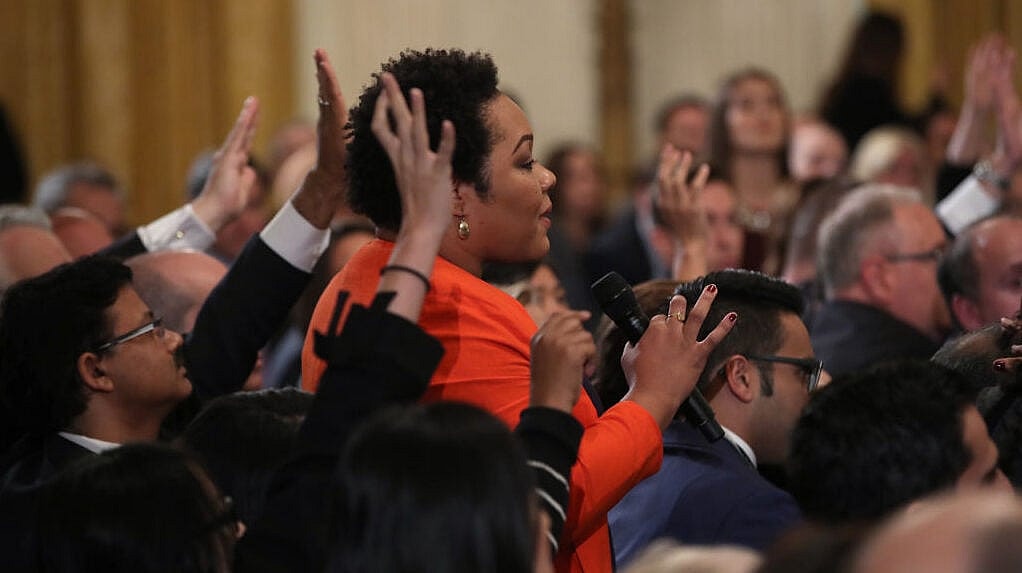
Mailing holiday cards is a popular tradition. But amid a busy season, the activity can create more stress than joy. At minimum, there’s the business of purchasing, signing, addressing and mailing our greetings before the holidays arrive. Many of us go further, paying extra for custom-designed photo cards and even booking private photography sessions in the hopes of capturing that perfect shot. But, the question remains: Is it OK to stop sending Christmas cards?
Letting the tradition go: How to stop sending Christmas cards
For different reasons, some of us are opting out of the holiday card tradition. Rising prices may be a factor: Americans are cutting back on spending, with 64% of adults spending less on “nonessentials,” according to a 2023 joint survey of Statista Q and We Are Social.
Some of us have stopped sending Christmas cards for more personal reasons. After a marital separation, Massachusetts writer Kendra Stanton Lee decided to step back from the holiday card tradition. “I won’t be getting out my calligraphy pen, but I have much to meditate upon and a lot of blessings to count,” she wrote in an article for TODAY.
With a major life transition like illness, loss or divorce, the stable, curated image we might strive to present in a holiday card has been shattered, says Juliet Kuehnle, a North Carolina-licensed clinical mental health counselor and the author of Who You Callin’ Crazy? The Journey From Stigma to Therapy. As a result, we feel less compelled to put that “perfect” image out into the world and more free to let go of practices that no longer feel authentic.
Even in the absence of such challenges, it’s helpful to think about why we’re sending holiday cards at all. Does mailing them spark joy and help us connect with others, or is the sole purpose to keep up with our peers? While many people enjoy the tradition, “it is really performative,” Kuehnle says. “It’s a lot like social media in that way.”
Acknowledge any feelings that come up around the tradition with curiosity, rather than judgment, Kuehnle says. For instance, do we feel guilt, relief or a sense of empowerment at the prospect of not mailing those festive cards? Paying attention to these emotions can help us decide on next steps, like reimagining the tradition or creating a new one.
Finding new rituals
If holiday cards aren’t your thing, rest assured that you’re not breaking any etiquette rules.
“Cards are a tradition, but they’re not a mandate,” says Kristi Spencer, a Missouri-based etiquette coach and founder of The Polite Company. “Opting out of traditional cards isn’t shirking a tradition; it’s reclaiming time.”
Instead of sending Christmas cards, you can find holiday rituals that are sustainable and meaningful for your family. “People forget that we actually have agency to decide what our traditions are,” Kuehnle says. It’s OK to say “no” to sending cards and ask yourself, “What is this ‘no’ allowing room for?” she says. Maybe that’s visiting a holiday market, enjoying a cup of hot chocolate with your kids or contributing to a local toy drive.
Digital or e-cards are a good option if you still want to send holiday greetings, but without the time commitment and expense of mailed cards. You could even start a new family tradition by making a donation to your favorite charity with the money you would have spent on cards and postage.
How to politely stop sending Christmas cards: Stay flexible and focus on connecting
Even if you opt out of mailing cards this season, you can always return to the tradition another year. Or you can segment your list as Spencer does: She sends greetings via email or social media to the people she’s in regular contact with, while mailing physical cards to others. “I will always send Christmas cards to older family members because that picture of us is something that they might treasure more than anybody else,” she says.
There’s no need to announce to people that you won’t be mailing cards, but you could mention it to those who have made it a point to tell you they enjoy receiving your cards. “Last year, I opted for no family photo. I actually had several people write and say, ‘Where’s the family photo?’” Spencer says. “Those people are definitely on my list because obviously that means something to them.”
And if you plan to send greetings to a loved one who’s had a particularly tough year, consider the impact of a handwritten card versus an email, text or social media post. Your message doesn’t need to be lengthy to be meaningful, Spencer adds. “There is nothing more special than receiving something that was specifically handwritten. It’s really difficult to replicate that feeling.”
The best advice for determining your holiday card tradition? Remember that it’s an opportunity to connect with others—but it’s not an obligation. Spencer says, “Do what works for you, but that also doesn’t deplete your holiday joy.”
Photo by Lucky Business/Shutterstock.com




